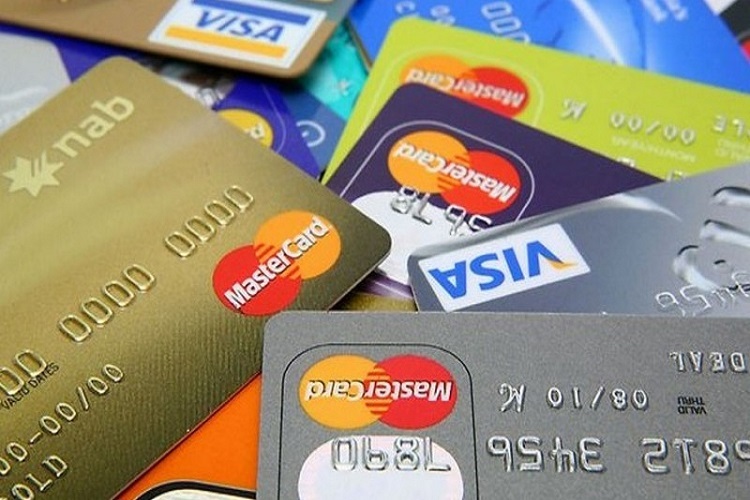Most business owners are fixated on selling their venture quickly. They just look at the current market price to evaluate the value of their company in a similar industry. Startup founders and CEOs don’t invest the time to calculate the accurate worth of their company so that another investor or corporation can invest in it. They got this whole estimation and calculation process wrong. Although the market and geographical location matter when determining a business’s worth, this isn’t all. Business valuation also includes other specific variables, such as terminal value, weighted average cost of capital, assets, liabilities, liquidity, net worth, debt collection, and discounted future cash flow earnings. These key factors are crucial in determining the right selling point for your business.
If you have decided to sell your business or startup, consult a finance expert or a professional accountant in Mt Vernon, NY, beforehand to estimate the correct valuation of your company.
Table of Contents
The key methods to calculate the accurate value of your business:
Most businesses don’t want to make this valuation process too complicated; they don’t seek help from the finance or accounting team. They don’t get guidance from their Chief Financial Officer; they just want a rough idea of the number that can make them a huge profit. But here’s the thing: it doesn’t work like that; certain factors can devalue or increase your business’s total net worth. You need an expert hand and oversight to make use of these methods.
Below are the methods that can help you evaluate your business’s true worth:
- Asset Method: You can determine the value of your company by deducting all of your debts and liabilities from your assets. For example, if you have $90,000 in assets and $30,000 in liabilities, your business’s worth is $60,000. This method is not commonly used in a profitable going concern business.
- Income Method: This is one of the most used methods and is a favorite of professors, banking investors, and theory enthusiasts. The income method isn’t easy for a small business owner or startup founder to understand and hence takes a little time to grasp. In short, you evaluate a business’s future economic benefit by anticipating financials, accommodating growth rates, taxes, operating capital, and cost structure, and then discounting that future financial benefit to its current market value. It includes discount rates, capitalization of earnings, and discounted cash flow calculations. It is as complicated and confusing as it sounds. Take assistance from a financial expert, a business broker, or an accountant.
- Market Method: This is one of the quickest methods and will take only 4 to 5 minutes at most to get a general range of your business’s worth. The basic premise is to look for companies with similar integrated models, characteristics, and revenue systems. Try to find out their selling price point, as the value of your business is tied to this particular number. Recent data suggests that the average cash-flow enterprise sells for approximately 2.28 times the seller’s discretionary earnings (SDE). All you need to do is calculate the SDE part and then multiply that financial number by the average market multiple of your industry.
Evaluating a company’s true worth requires extensive training and adherence to professional standards; relying solely on the 2.28 multiplier, assets, or income methods is insufficient. So, when the time is right and you are all ahead to sell off your venture at a great price, an assessment of all the variables is not only necessary but crucial. Seek out a professional to get detailed help as soon as possible. The other side, i.e., the buyer or an investor, can request a business valuation report or go for an audit before funding or taking over your company.









